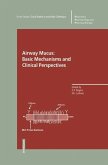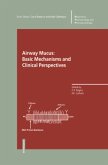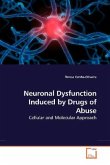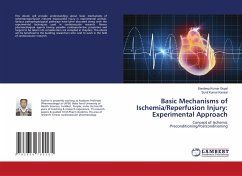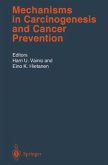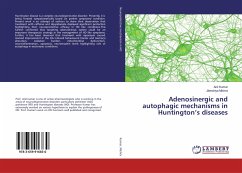Hyperventilation during exercise causes evaporative water loss and hyperosmolarity of the airway surface liquid. Mucosal hyperosmolar challenge elicits airway transepithelial potential (Vt) changes followed by muscle relaxation mediated by epithelium- derived relaxing factor (EpDRF). In many cell types ion transport and functional responses are regulated by kinase signaling. We hypothesize that hyperosmolar challenge activates stress-sensitive protein kinases (PK)s in epithelium, and that the activity of PK(s) regulates epithelial bioelectric events and EpDRF release. Using a novel guinea-pig trachea perfusion apparatus, we examined the effects of ion transport blockers and kinase inhibitors on the relationship of Vt and relaxation responses induced by hyperosmolar D-mannitol. The results indicate that the epithelial bioelectric and muscle relaxation responses are not regulated by a common kinase signaling pathway. JNK and PKC regulate the hyperosmolarity-induced hyperpolarization. Inhibition of p38 potentiated the airway relaxation elicited by hyperosmolarity, thus p38 inhibitors have the treatment potential for exercise-induced asthma.
Bitte wählen Sie Ihr Anliegen aus.
Rechnungen
Retourenschein anfordern
Bestellstatus
Storno


